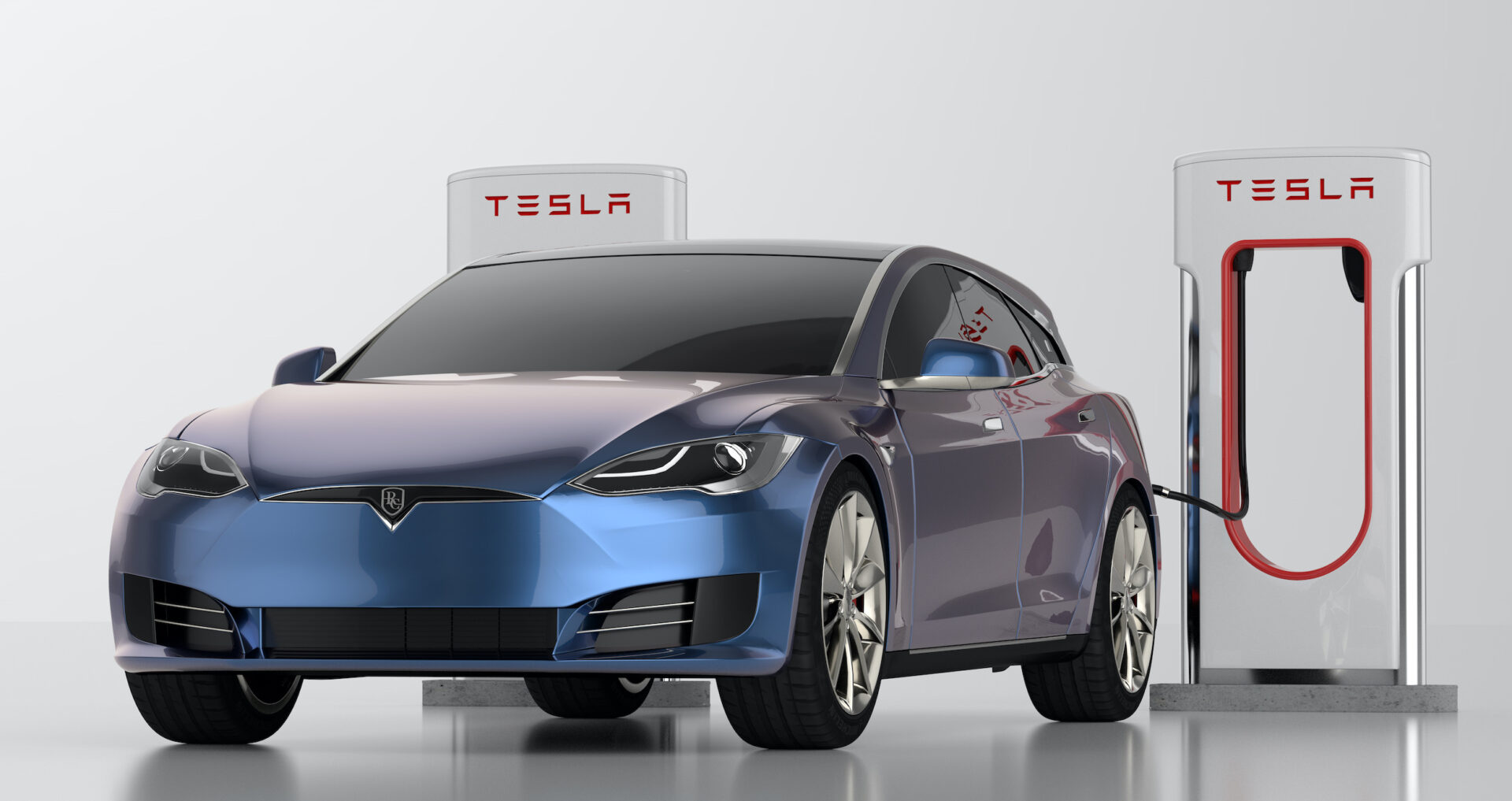We have all heard of them and seen them on the roads: electric vehicles. Prius, Tesla (TSLA) and Bolt are the cars that I spot the most on the roads. Electric vehicles (EV) only accounted for about 9% of the new cars sold in 2021 but Morningstar research suggests two out of three cars sold will be electric by the year 2030 and by 2035 most cars on the road will be electric.
The EV revolution is on its way so either get onboard or get run over. This year America’s most popular vehicles — pickup trucks — are being introduced in electric.
The main benefit of electric cars is the elimination of tailpipe emissions, which are among the largest contributors to climate change. Even with raw materials and energy needed for electric cars, a Yale study found electric vehicles are much better for the environment than conventional cars.
The move to electric cars will continue to speed up but will really take off when several things occur. Currently, electric vehicles have a higher upfront cost and are equivalent to an entry-level luxury car. This puts them outside of many families’ budgets because they cost about $10,000 more than a comparative traditional car. As with other new technologies, the cost to purchase an electric vehicle is expected to match conventional cars once battery technology advances.
In addition, many EV owners install a “level 2” charger in their homes for an additional cost of about $2,000. Most cars come with a “level 1” charger, which takes about 40 hours to fully charge an EV while a level 2 takes about 8 hours. In short, the upfront costs of owning an electric vehicle are more expensive than a gas vehicle.
The ongoing costs depend upon the cost of gas. As gas prices have risen, electric vehicles’ ongoing costs are lower than a traditional vehicle. Since electric vehicles have fewer parts than conventional cars, their maintenance costs are lower (no oil change or spark plugs).
The other downside of electric vehicles: convenience. According to Kelly Blue Book, for 2021, the Tesla Model S goes 373 miles and has the longest range of any current electric vehicle. The typical electric car takes just under eight hours to charge from empty-to-full. The fastest is 30 minutes depending on the size of the battery and how fast the charging point. When taking a long trip, this can significantly add to travel time. My husband, Steve, and I take our dog and drive to Naples, Florida, taking at least 18 hours and 1,255 miles. Even at its shortest charging time and longest range, having an electric vehicle would make the trip at least an hour and a half longer. In other words, driving long distances is still not convenient in an electric vehicle.
Anytime there is a massive shift in consumer demand, there are business winners and losers. Tesla (TSLA) is one of the obvious early winners. Elon Musk’s company describes itself as a “cars, solar and clean energy company.” Other traditional car companies aren’t ignoring the coming change. General Motors (GM), the maker of the Chevy Bolt, promised 20 new electric vehicles by 2023. Ford has a 2022 F-150 electric truck called Lightning, with production starting this spring. As gas is the main U.S. transportation fuel, a loser in the move toward electric vehicles is the commodity. According to the U.S. Energy Information Administration, Americans used about 337 million gallons a day in 2020. When electric vehicles take over the demand for gas will plummet. Some traditional auto manufacturers will not move quickly enough to EV. The change will affect the entire supply chain, from bodies, maintenance, repair, parts and accessories. Think of the difference between a typewriter and a keyboard. The parts and upkeep are much different and this kind of revolution is happening in our vehicles.
All investing is subject to risk, including possible loss of the money you invest. Nothing in this article should be construed as investment or retirement advice. Always consult with a professional advisor and consider your risk tolerance and time to invest when making investment decisions. Review your personal situation with a professional before planning any gifting or estate planning.
Judy Loy, is a Registered Investment Advisor, ChFC®, RICP® and CEO of Nestlerode & Loy, Inc.



